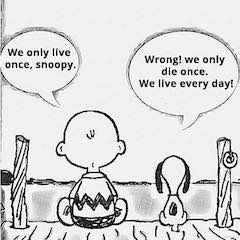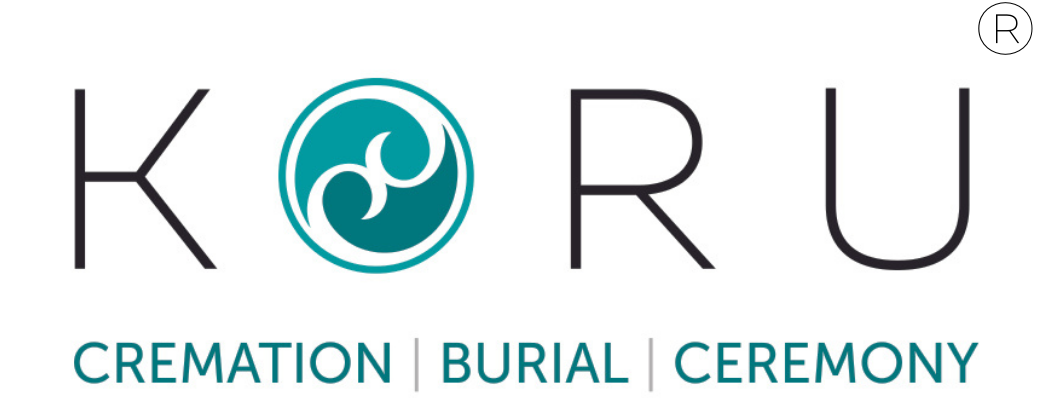I’m Iris. A perfectly imperfect human. I’m pleased to meet you!
Among other things, I’m a mother, a cohouser and an impresario of events that invite people to talk openly about death. I’m delighted to join KORU as a community engagement coordinator. Part of my role as a community engagement coordinator is to reach out to you through KORU’s blogs. I’ll be sharing with you a curated selection of articles, artworks, podcasts, local events, films and books that offer different perspectives on life and death. Throughout the blogs, I’ll also be weaving in snippets of my life story. I’m no expert on these things. Far from it. I’m like most of you – learning about living and dying as I go along.

I bring with me empathy, warmth, humour, and creativity, which I hope to add to Ngaio’s gentle presence, compassion and wisdom. Some close friends in my cohousing community call me a “stage manager” because of my behind-the-scenes skills in planning, organizing and problem-solving. I’ve been a school counselor, a co-founder and co-director of a non-profit organization, a teacher, a sales associate, a research assistant, a coordinator of volunteers, a program assistant and a stage actor. At first glance, these roles may seem very different from one another. But at the heart of each is an invitation for deep and meaningful interaction with other people.
Growing up in an urban poor neighbourhood in the Philippines, I saw community come alive in daily interactions as well as in life events like a birth or wedding. Often, it was when someone died that one experienced the greatest sense of community. When there was a death in our barrio, relatives and friends sprang into action. Cousin Myrna would inform the mananabtan: a person, usually an older woman, hired to lead the rosary or novena for the wake. Tiya Adela and Tiya Paulita would keep the grieving spouse and children company. Several neighbours would take turns in preparing food for the nights preceding the burial. Everybody pitched in money to help cover the expense of burying the dead. No one was too poor not to contribute something, whether in pesos, produce or services.
It was what my people did. Illness, dying and death were events woven into daily life. I never really thought about what my community did when someone died until I emigrated here to Vancouver. I was afraid that when I died no one would attend my funeral except my husband, my brother and friends who – when I was new immigrant – could be counted on my fingers. This fear pushed me to actively seek out a community. But that is a story for another day.
For my full bio, please visit KORU’s “About Us” page. While you’re there you can also read about how KORU helps you honour the circle of life, the significance of KORU’s name and the story of Ngaio Davis, KORU’s founder, owner and managing director. Check out the bio of Lisa Hartley, Life-Cycle Celebrant, one of the amazing women KORU collaborates with.
You can reach me at iris(at)korucremation(dot)com or through KORU’s Facebook page. I’d love to hear from you!



